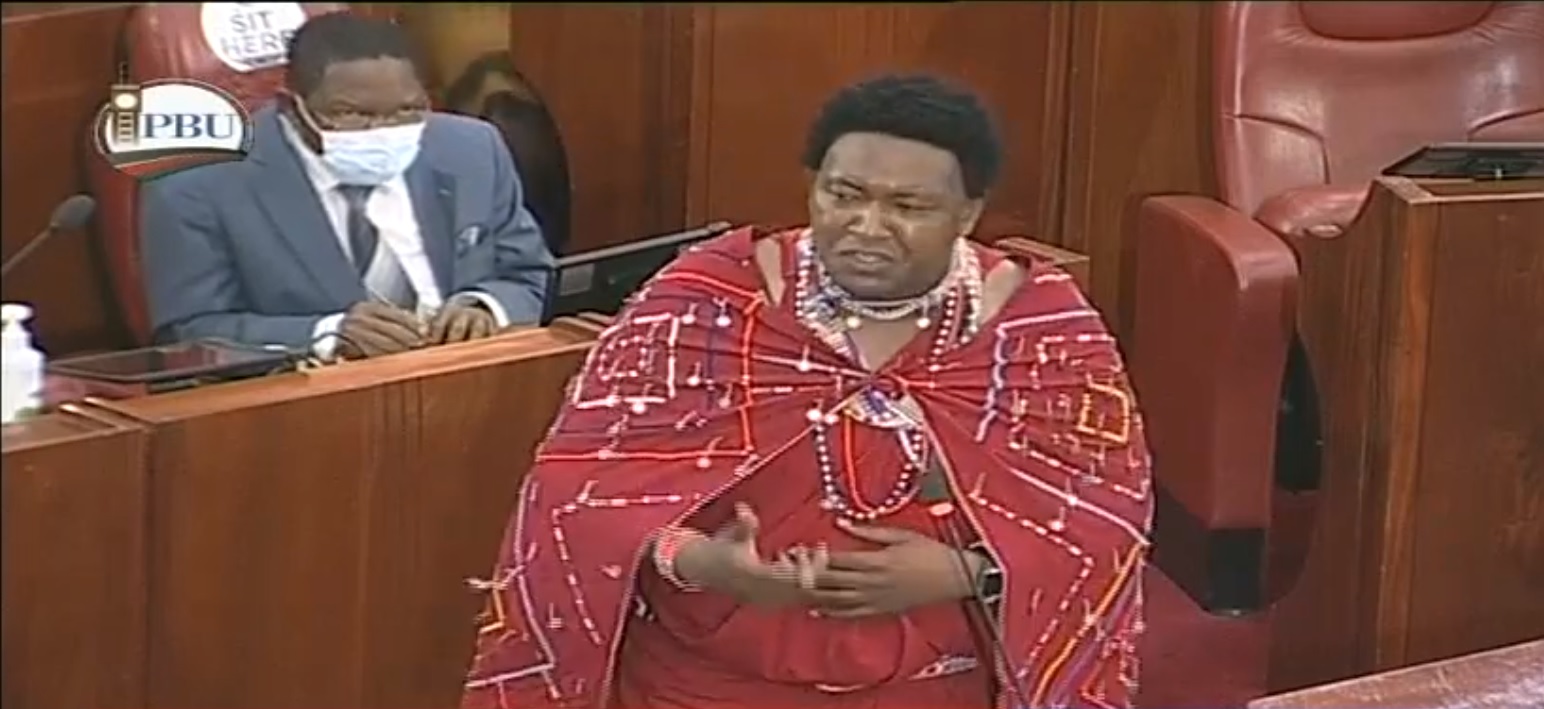Speaker Lusaka makes Uncommon Ruling Permitting Donning of Cultural Attire
The Senate, which is a bastion of tradition by merit of being a House of Parliament that follows Commonwealth customs and practices, paved way for sharp departure, Tuesday after Speaker Kenneth Lusaka ruled in favour of donning cultural attire.
The Speaker’s Rules provide that ‘a male Senator shall be dressed in a coat, collar, tie, long trousers, socks and shoes, or service uniform, religious attire or such other decent dressing as may be approved by the Speaker from time to time.’
Speaker Lusaka made his shock ruling in response to a Point of Order raised by Wajir Sen (Dr) Abdullahi Ali, as to whether Narok Senator Ledama Olekina – who was dressed in cultural Maasai Shukas – was appropriately dressed.
“Article 11 of the Constitution recognizes culture as the foundation of the nation and as the cumulative civilization of the Kenyan people and nation,” read the Speaker.
He added, “Senators represent counties and [I appreciate that] certain counties have their own cultural dresses. It would therefore be unconstitutional for me to eject Sen Ledama from the Chamber and rule that he is decently dressed.”
The Speaker’s ruling, which is considered progressive, bears sharp contrast to a ruling issued in the 9th Parliament.
In 2003, three MPs in the Kenya National Assembly including Hon Raila Odinga, Koigi wa Wamwere and Gor Sunguh received a severe dress down from then-Speaker Hon Francis ole Kaparo before being thrown out of the House for entering Chambers donning African attire.
"This argument that the only dress that can be decent is European dress is to me awfully colonial. And I am not sure that even Europeans would today dare advance such an argument," Hon Wamwere said.
Rulings form part of the body of practice which continues to guide the operations of the House and rulings with that status are, in effect, regarded as binding.
















